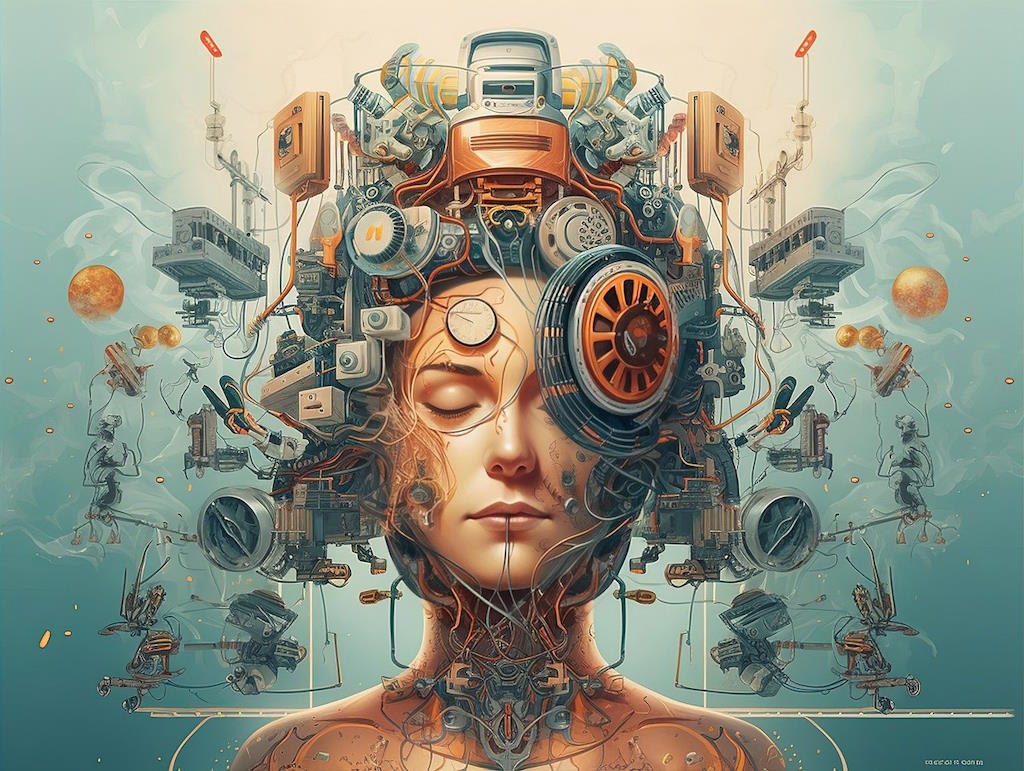
A Potential Paradigm Shift in Digital Entertainment
As a seasoned gamer with a touch of gray in my beard and countless hours spent navigating virtual worlds, I’ve witnessed the evolution of gaming like a digital archaeologist unearthing artifacts from a forgotten era. The advent of Web3 gaming feels like striking gold in one of those ancient tombs.
In simple terms, Web3 gaming offers the opportunity for players to truly own their digital items, participate in economic systems where they can earn rewards, and promotes a decentralized environment. This makes it a groundbreaking influence shaping the future of gaming.
The upcoming Internet era, referred to as Web 3.0, is characterized by its decentralized, blockchain-driven, and democratized nature, in contrast to the centralized structures and user-generated content that define most applications and platforms from the previous generation, Web 2.0. This new digital landscape will foster a more transparent, secure, and user-centric environment, prioritizing the needs of its users over any central authority.
In the primary digital ecosystems shaping Web 3.0, topics of significant fascination include cryptocurrencies, decentralized applications (dApps), and Non-Fungible Tokens (NFTs). These elements enable user interaction and facilitate direct value transfers without the need for intermediaries. The aim is to empower users by giving them greater control over their online identities, assets, and data.
In the gaming world I’m part of, Web3 gaming offers a revolutionary take on asset ownership. Instead of spending hours and hard-earned cash on characters, skins, or other in-game goodies only to find they belong to the developers, we now have the power to hold our digital possessions as NFTs. This means we, the gamers, can freely buy, sell, or trade these assets even after leaving the game. It’s like having a piece of the game world that truly belongs to you!
Gaming experiences that let players earn cryptocurrency, such as Axie Infinity (a game where you can battle with creatures called Axies and receive rewards in cryptocurrency), have become increasingly popular. It’s important to note though, that these play-to-earn games differ from casino-style crypto offerings like Ethereum dice games, which are usually found on blockchain gambling platforms.
In crypto games, players can acquire digital currencies as prizes; in crypto casinos, cryptocurrencies serve as payment options, offering benefits such as quicker registration processes and immediate payouts. Using cryptocurrency on these online gaming platforms is not just convenient but favored by many users. Poker, in particular, is seeing a surge in popularity on these sites due to factors like advanced software for fair and secure gameplay, anonymous play options, and an extensive selection of games. However, it’s essential to remember that while you can cash out your earnings in cryptocurrency, the winnings are not assured, as with any form of gambling.
As a gaming enthusiast myself, I must say that what sets crypto games apart is the fact that you can earn real rewards simply by playing, accomplishing tasks, or advancing in levels. These rewards often take the form of blockchain assets, which aren’t confined to a single game. The beauty of Web3 lies in its interoperability, enabling me to utilize my in-game items across multiple platforms and virtual environments. This unique feature opens up a whole new dimension to gaming, creating a tangible sense of worth for virtual possessions in the real world.
In terms of Web3 storage capabilities, a decentralized approach allows gamers to safely store and move game data across platforms without reliance on a central authority. These systems form the foundation for Web3 gaming, ensuring that digital assets and player progress can be transferred freely and are not tied to specific game developers. Companies like Ubisoft have acknowledged this possibility and are currently working towards its implementation.
A significant leap for Web3 gaming could be achieved through the development of innovative tech devices tailored exclusively for a decentralized setting. These would encompass advanced hardware such as powerful computers and virtual reality equipment, designed to handle the intricate aspects of blockchain transactions without compromising on smooth, captivating gameplay experiences.

In the future of online gaming known as Web3, decentralized cloud gaming platforms are expected to become more significant. They provide gamers with top-tier computing power without the need for costly personal hardware investments. These platforms utilize decentralized networks, allowing them to grow and adapt easily while maintaining consistent performance levels. In fact, some cutting-edge gaming devices are already capitalizing on Web 3.0 as a key selling feature.
As games continue to offer increasingly realistic experiences, it’s only a matter of time before VR headsets tailored for blockchain integration become commonplace. These headsets could potentially incorporate digital wallets within their user interfaces, enabling players to engage in asset trading, use decentralized applications, or control in-game economies all while staying immersed in the virtual world.
Web3 represents an evolving wave of transformation, extending beyond the realm of gaming into content production as well. Nowadays, content creators such as YouTubers, streamers, and game influencers have the opportunity to capitalize on their work through NFTs and blockchain technology in ways they hadn’t thought possible before.
For example, a streamer might convert memorable moments from their gameplay into NFTs (Non-Fungible Tokens), allowing fans to purchase them as unique digital keepsakes. This way, fans can feel like they own a piece of the content produced by their favorite creators, creating a fresh avenue for interaction that goes beyond simple views or likes.
Decentralized systems, fueled by ideas such as Web3, are expected to become increasingly prevalent. These platforms could potentially provide content creators with fairer revenue-sharing arrangements. This empowerment through Web3 means that creators may have greater authority over their content and financial earnings.
The primary means for this will be through Web3 monetization methods, enabling them to circumvent certain economic restrictions set by centralized platforms such as YouTube and Twitch. Essentially, this signifies another transformative aspect that Web3 will bring about in the world of gaming.
Read More
- LUNC PREDICTION. LUNC cryptocurrency
- BTC PREDICTION. BTC cryptocurrency
- USD PHP PREDICTION
- USD ZAR PREDICTION
- BICO PREDICTION. BICO cryptocurrency
- USD CLP PREDICTION
- SOL PREDICTION. SOL cryptocurrency
- USD COP PREDICTION
- MOVR PREDICTION. MOVR cryptocurrency
- RBX PREDICTION. RBX cryptocurrency
2024-10-08 20:49